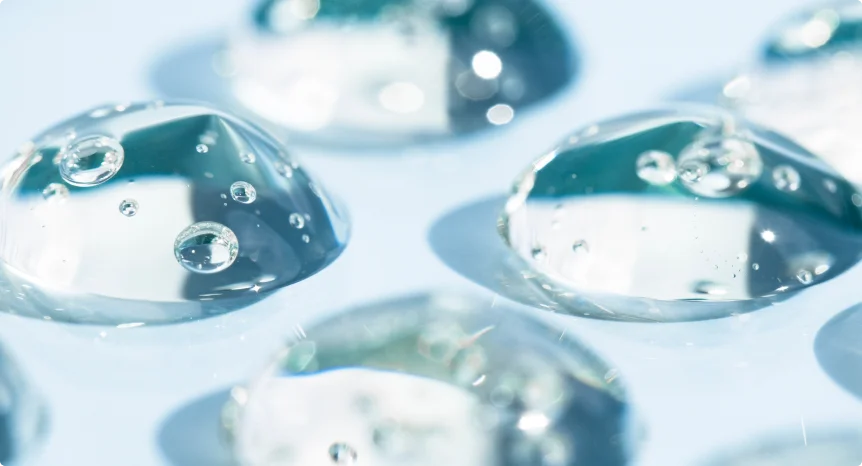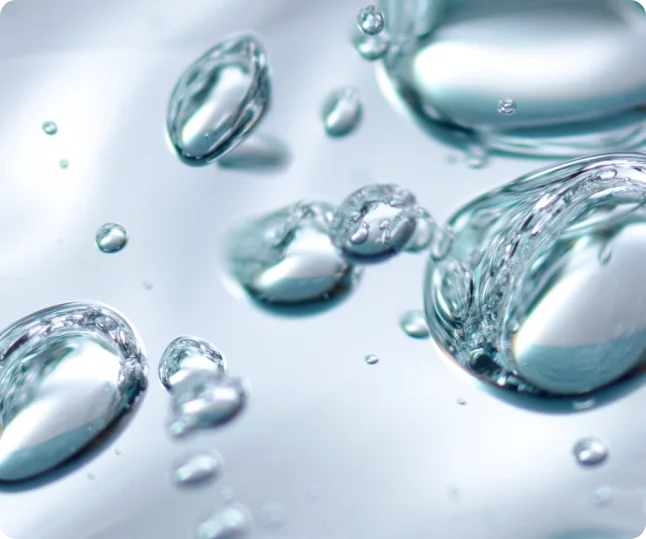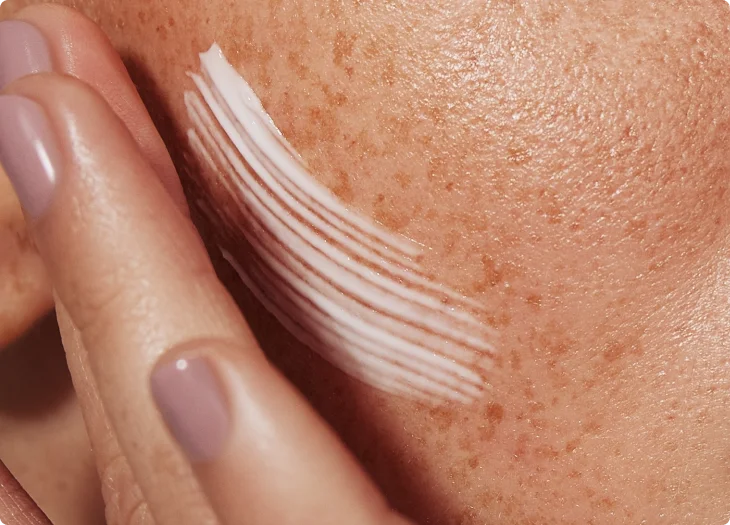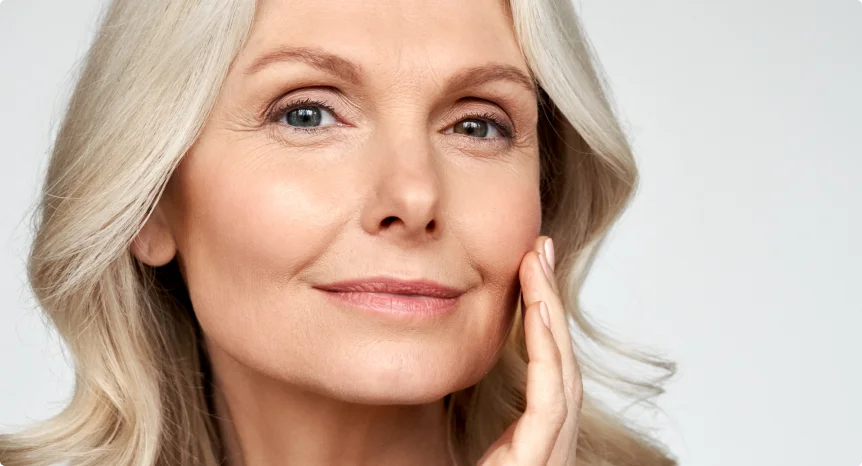
What Are Peptides?

Peptides are short chains of amino acids that serve as the building blocks for proteins like collagen and elastin. These proteins are essential for maintaining the structure, firmness, and elasticity of the skin. When collagen production decreases due to aging or environmental factors, peptides can help stimulate the skin to produce more collagen, leading to smoother, firmer skin.

Peptides are also important in promoting skin healing and renewal. Due to their ability to penetrate deep into the skin, they play an integral role in skincare formulations.
Peptides are also important in promoting skin healing and renewal. Due to their ability to penetrate deep into the skin, they play an integral role in skincare formulations.

The Role of Peptidesin Skin Health

Peptides play a vital role in maintaining the skin's youthful appearance and functionality. As our skin ages, the production of natural proteins like collagen and elastin slows down. This leads to the formation of fine lines, wrinkles, and a loss of skin elasticity. By incorporating peptides into skincare products, we can help restore these lost proteins and stimulate the production of new ones.
How Do Peptides Work in Skincare?
Peptides function in skincare by sending signals to skin cells, triggering various cellular processes. Depending on the type of peptide, they can
Peptides function in skincare by sending signals to skin cells, triggering various cellular processes. Depending on the type of peptide, they can
- Stimulate collagen production
- Improve elasticity
- Hydrate the skin
- Help in repairing damage caused by environmental factors.


Peptides function in skincare by sending signals to skin cells, triggering various cellular processes. Depending on the type of peptide, they can stimulate collagen production, improve elasticity, hydrate the skin, and even help in repairing damage caused by environmental factors.

There are different types of peptides, each with a specific function. Signal peptides, for example, directly communicate with the skin cells to stimulate collagen and elastin production. Other peptides work to protect the skin from environmental damage and reduce inflammation, contributing to an overall healthy complexion.

Why Are Peptides Essential for Aging Skin?

As we age, the skin's ability to produce collagen and elastin naturally decreases, which results in wrinkles, sagging, and reduced skin elasticity. Peptides are essential for replenishing the skin's collagen and elastin levels, as they encourage skin cells to produce these vital proteins. This helps to fight the signs of aging by improving skin texture, firmness, and overall appearance.
FAQ’s

The Power of Peptides

Peptides are essential for maintaining healthy, youthful skin. By incorporating them into your skincare routine, you can stimulate collagen production, improve elasticity, and promote smoother, firmer skin. Whether you're looking to address signs of aging or simply boost your skin’s overall health, peptides are an effective and gentle ingredient to include in your daily skincare regimen.
